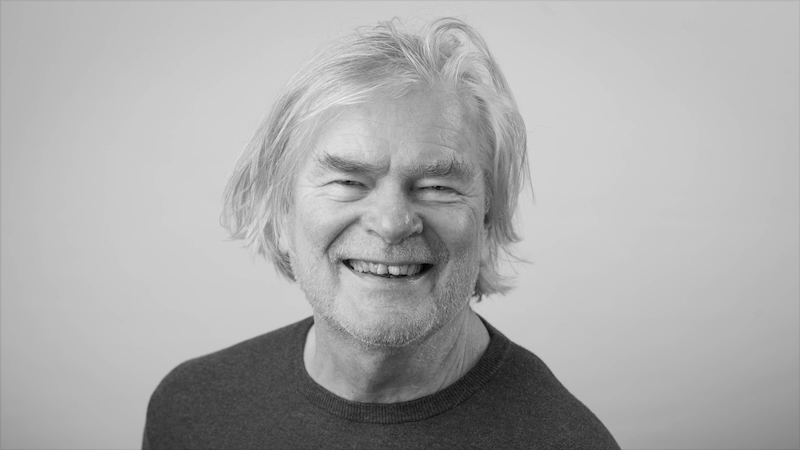
This episode features Niall Munro in conversation with Maurice Riordan, whose Selected Poems has just been published by Faber. The poems were chosen by the poet Jack Underwood, who also provides an introduction to the book, explaining his choices.
Maurice Riordan is an Irish poet, translator, teacher, and editor who was born in County Cork in Ireland. The Selected Poems features work from his first book, A Word from the Loki (published in 1995), which was shortlisted for the T.S. Eliot Prize, and runs through to his most recent collection from 2021, Shoulder Tap. It includes poems from four other books, as well as a previously uncollected poem.
Maurice’s collection Floods, published in 2000, was a Book of the Year in the Sunday Times and Irish Times, whilst The Holy Land (from 2007) won the Michael Hartnett Award. The Water Stealer (2013) was shortlisted for the T.S. Eliot Prize.
Maurice’s interest in science and the environment, whilst evident in his own writing, is also clear in a number of the anthologies he has edited, such as A Quark for Mister Mark: 101 Poems about Science (2000), a book he edited with Jon Turney; an anthology of ecological poems, Wild Reckoning (2004), edited with John Burnside; and Dark Matter (2008), edited with the astronomer Jocelyn Bell Burnell.
Maurice has taught at Imperial College and Goldsmiths College, and is Emeritus Professor of Poetry at Sheffield Hallam. He was the Editor of The Poetry Review from 2013-17.
As you might expect, Maurice’s Selected Poems showcases the remarkable range of the poet’s work and interests. He is well known for writing about his growing up in rural Ireland, and you will find numerous examples of that here, such as in the beautifully observed ‘Rural Electrification, 1956’, originally published in A Word from the Loki, or a series of eighteen pieces called ‘The Idylls’ that first appeared in The Holy Land. But we also encounter a great deal of what Maurice calls in one poem ‘inner and outer weather’ and what we might see as an interest in the fate of the human being in the world. This is something examined in a philosophical way as in the poem ‘Floods’, through recognition that we are but organisms in the ‘biochemical soup’, and often in poems laced with irony, such as ‘Time Out’. There are poems here too about the unreliability of memory, involved with classical and mythical subjects, and deft tributes to the life and work of other writers, such as Seamus Heaney, Ted Hughes, and Rainer Maria Rilke.
Reading the Selected Poems is a rich and engrossing experience and of course in a conversation like this we can only touch on a few topics, so tracking down a copy of the book yourself is highly recommended! You can find out more about the collection on the Faber website.
We begin by talking about the form of the book and how Maurice felt about having his poems selected by someone else. We go on to consider one of the repeated images in the poems - the ‘lull’ or held moment and what it might mean, and Maurice then reads ‘The Face’. He discusses the way in which this poem - and others - might be said to deal with the self, scepticism, and uncertainty, and then we contrast this with Maurice’s interest in the rigour and observational approach that might be gleaned from scientific methods and a fascination with process. The conversation concludes with Maurice’s thoughts on the ways in which his poems present local phenomena - from very specific references to objects, to the naming of places in poems that we see in ‘The Idylls’ or ‘Mediums’.
We hope you enjoy this discussion! If you aren’t already following the Poetry Centre on social media, please track us down. You can find us on Instagram, Facebook, and X. We often post about events we’re organizing, new episodes of the podcast, our Weekly Poem series, and about our pamphlet press, ignitionpress. Thank you for listening!
